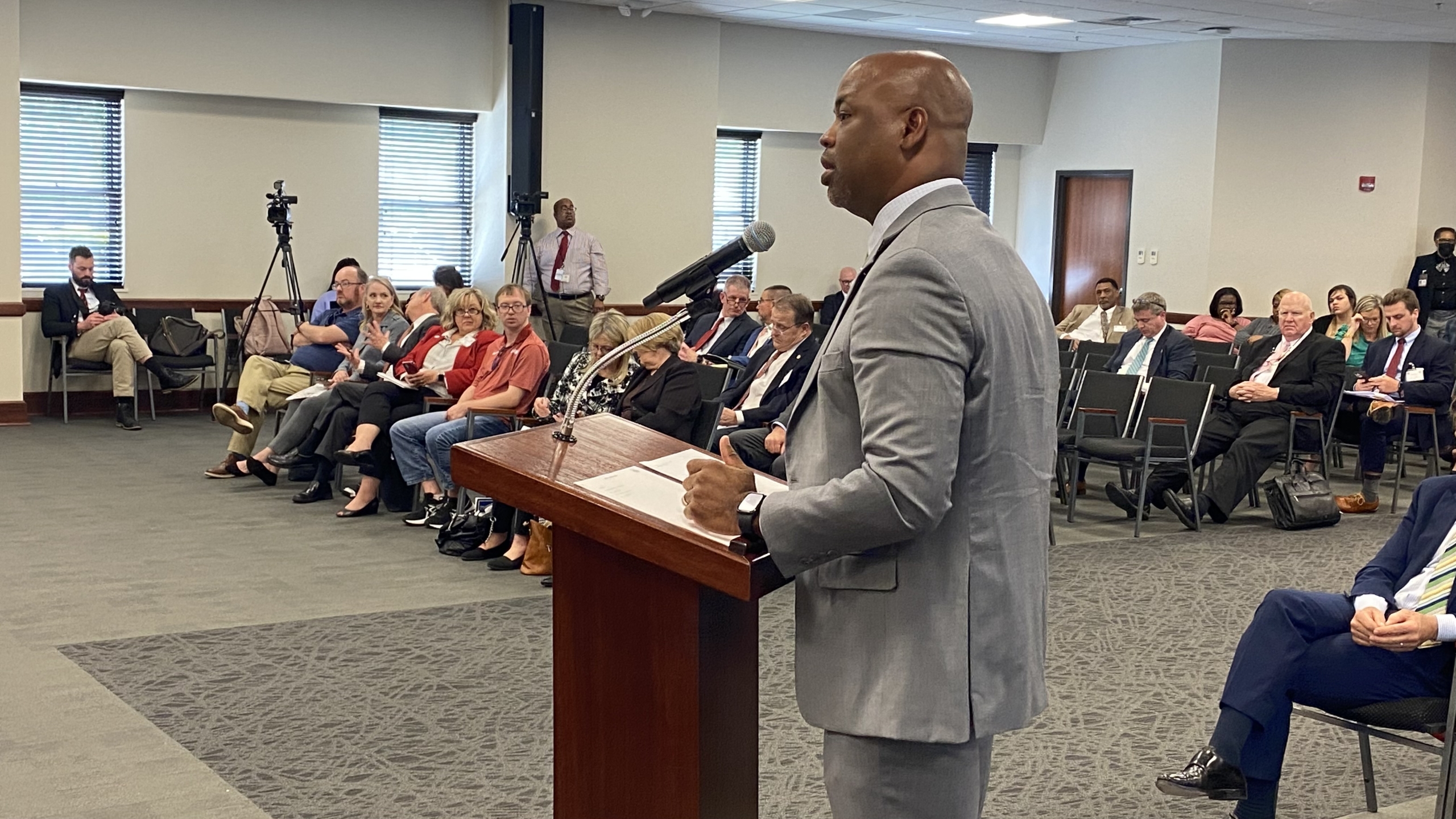A bill to give certain older individuals serving life without parole a “second chance” breezed through the House Judiciary Committee on Wednesday.
The bill, HB, by State Rep. Chris England, D-Tuscaloosa, made it three-fourths of the way through the Legislature last year before running out of time, including passing the full House.
The bill looks the same as its last update from the 2023 session. It would offer an opportunity for certain individuals sentenced to life without parole under the Habitual Felony Offender Act to have a judge consider reducing or ending their sentence.
As currently written, only individuals sentenced prior to May 26, 2000 would be eligible for the review process, which would effectively mean the individual would have already served a minimum of 24 years in prison.
The bill also lays out just what factors a judge must consider, as well as how much weight to give that criteria. It specifically requires judges to heavily weigh objection by the crime victim and whether a firearm was used to further the crime. The bill will also require judges to consider the age of the individual, and research on how age affects likelihood to reoffend.
The only concern voiced in the committee was notification of the crime victims to make sure they are able to voice how they feel about the potential release of the person. The bill had placed the onus of that on the district attorneys, but multiple lawmakers noted that district attorneys were uncomfortable adding that to their workload.
There could be a workaround, however, as the Bureau of Pardons and Paroles appears amenable to taking on that task.
Last session, the organization Alabama Appleseed brought five such men they had helped get released from prison on a case-by-case basis to pitch lawmakers on the need for a more widespread opportunity.
“Regardless of all I’ve done, I can’t forget the guys that I left behind,” said Ronald McKeithen, who served 37 years in prison before Appleseed helped him be released. “Those guys are dying; the bodies are stacking up and coming out.”
The bill also found support from former Republican U.S. Congressman Spencer Bachus.
Bachus told his story of forming a relationship with incarcerated man John Manley, who remains in prison today after being convicted under the Habitual Felony Offender Act.
Manley had prior theft convictions from when he was 18, and then when he was 24 burglarized a home and stole a weapon, allowing the State to charge him with armed burglary.
“This has been a nightmare for me, particularly the frustration of hearing every year that the Legislature is going to do something,” Bachus said. “I love John Manley and I hate what this country and this state has done to him.”
England has pitched that the bill will help the state’s overcrowding problem and reduce the cost of healthcare, while being the right thing to do for the individuals sentenced under an outdated version of the law.
“My hope is that we find a bunch of individuals who are more than their worst moment,” England said.



















































